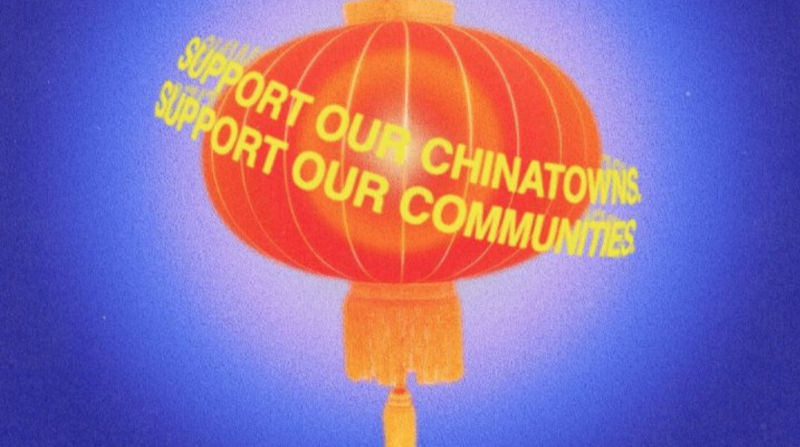A disturbing video of a man shoving a 91-year-old elder to the ground in Oakland Chinatown made international headlines, and became a lightning rod in a heated debate about how to best combat anti-Asian racism and promote public safety.
Business leaders in Chinatown organized a press conference last Wednesday to put pressure on public officials to increase police foot patrols and surveillance cameras in the area. At the conference, Mayor Libby Schaaf pivoted from the tragedy to decry the movement to defund the police—a call that emanated from racial justice protests last summer in the wake of George Floyd’s killing and police abuses against Black Americans and other people of color.
The racial dynamics of the situation are fraught. The Trump administration’s relentless scapegoating of Chinese people for the coronavirus has fueled hate and resentment, and anti-Asian hate crimes spiked across the country in 2020. Meanwhile, because the suspected attackers in the Oakland Chinatown incident—and another in San Francisco that left an 84-year-old Thai man dead—were Black, racists have flocked to social media to perpetuate a false narrative of Black criminality.
The Oakland Police Department’s available data doesn’t conclusively point to a crime spike in Chinatown (according to data obtained by Oaklandside, overall crime reports in OPD’s Patrol Area 1, which includes Chinatown, are down 60% from last January, and robberies are down 40%). But some Chinatown leaders say that a number of attacks and robberies in recent weeks have left the community reeling, and that they need more police presence.


